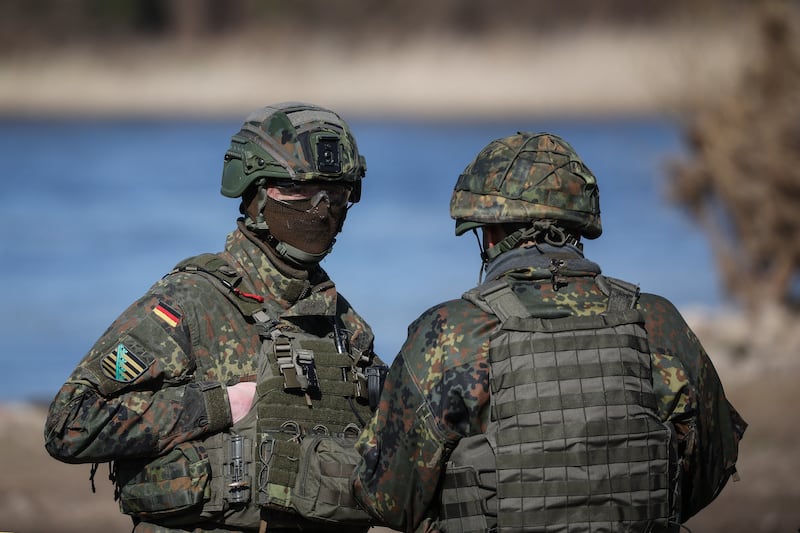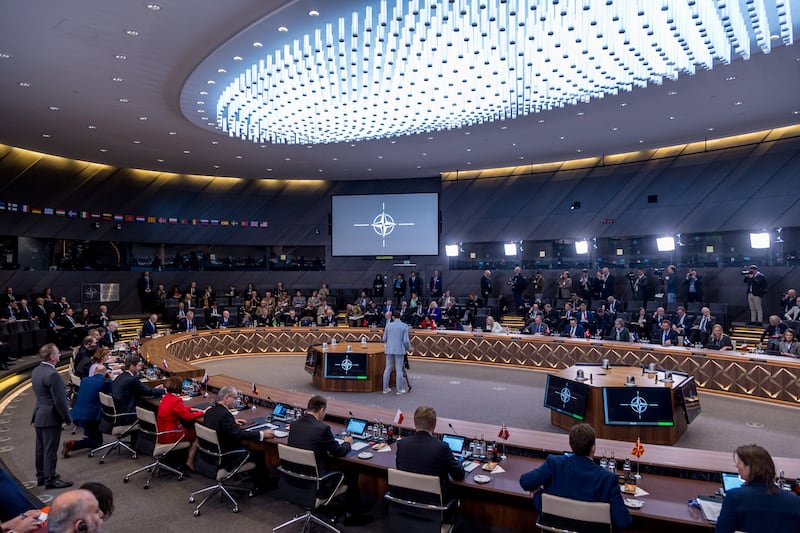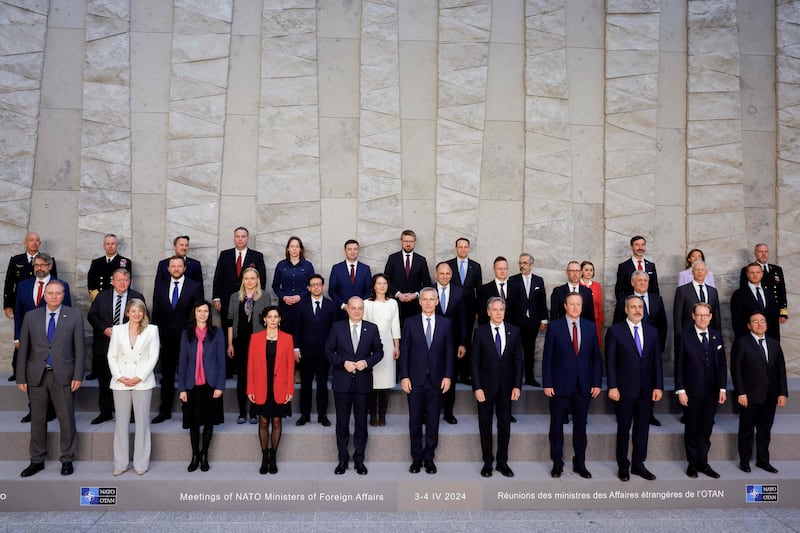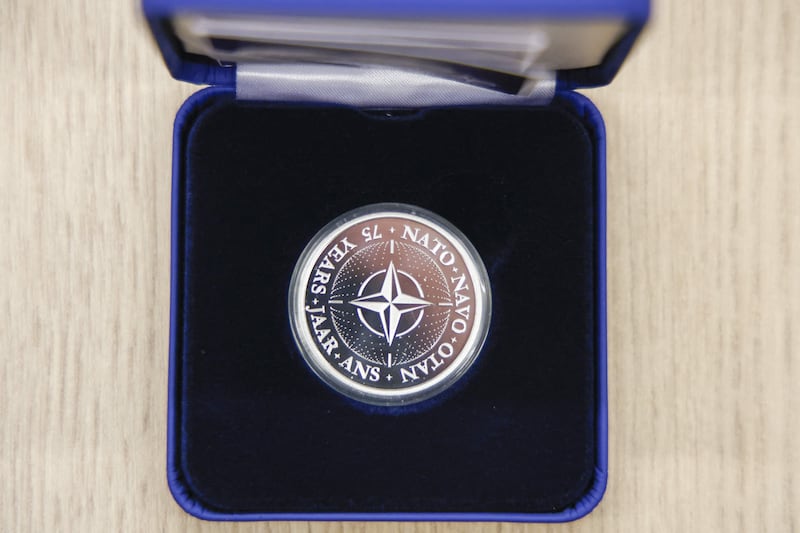Germany will form a fourth branch of the military to fight a cyber and information war if Nato comes under attack.
A major shake-up of the country's armed forces is intended to make it “fit for war” after years of underfunding and equipment shortages.
With a focus on a potential war in Europe, the Bundeswehr will get a new central command to replace different foreign and domestic structures.
The plans drawn up in light of Russia's attack on Ukraine keep the door open to bringing back a form of conscription, which was abolished in Germany in 2011.
“It must be clear to everyone that we will defend our country and our allied partners,” said German Defence Minister Boris Pistorius as he unveiled the plans on Nato's 75th anniversary.
“Nobody should even hit on the idea of attacking us.”
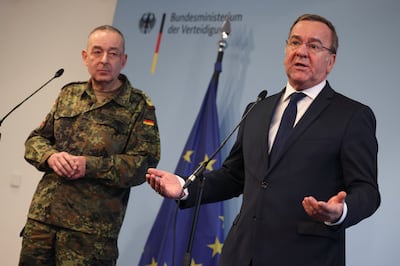
A cyber and information command is being upgraded to a full branch of the military alongside the army, navy and air force.
The duties of the cyber branch will include electronic warfare, such as jamming enemy equipment in the field.
It will also be responsible for tackling “hybrid threats”, which can include sabotage and disinformation.
Among other reforms, the air force will get a new specialist team to check whether aircraft are airworthy.
Each branch will have new support units for logistics, medical treatment and chemical, biological or nuclear warfare.
The focus is on readiness for a “state of defence” in which emergency powers are invoked under the constitution.
This is triggered when Germany is “under attack by armed force or imminently threatened with such an attack”.
Under Article V of Nato's founding treaty, an attack on one member of the alliance is deemed an attack on all.
Nato's 75th anniversary – in pictures
A land war involving Nato was long seen as unlikely but Russia's invasion of Ukraine has sparked rearmament efforts across Europe.
Germany authorised €100 billion ($108.66 billion) of off-budget spending in 2022 to upgrade a military that had fallen into disrepair after the Cold War.
While new equipment including F-35 jets has been ordered, a military inspector said last month that the Bundeswehr still “has too little of everything”.
It also remains unclear how Germany will hit the target of spending 2 per cent of its national income on defence once the one-off €100 billion is used up.
Mr Pistorius's talk of being “fit for war” (kriegstüchtig) has caused some disquiet in Germany given the traumatic legacy of the Second World War.
He insists his aim is to prevent a war from happening by showing Moscow that Europe would be ready to defend itself.
“I respect the fact that others struggle with the word, but I also note that most who do have no problem with the substance behind it,” he said.
“The threat level in Europe has changed. We are facing up to the challenges that arise from that.”
A return to some form of national service has not been ruled out. It was abolished in 2011 except when there is a state of defence.
The reforms will include drawing up a structure that could cope with a conscript army if one is needed, the Defence Ministry says.
